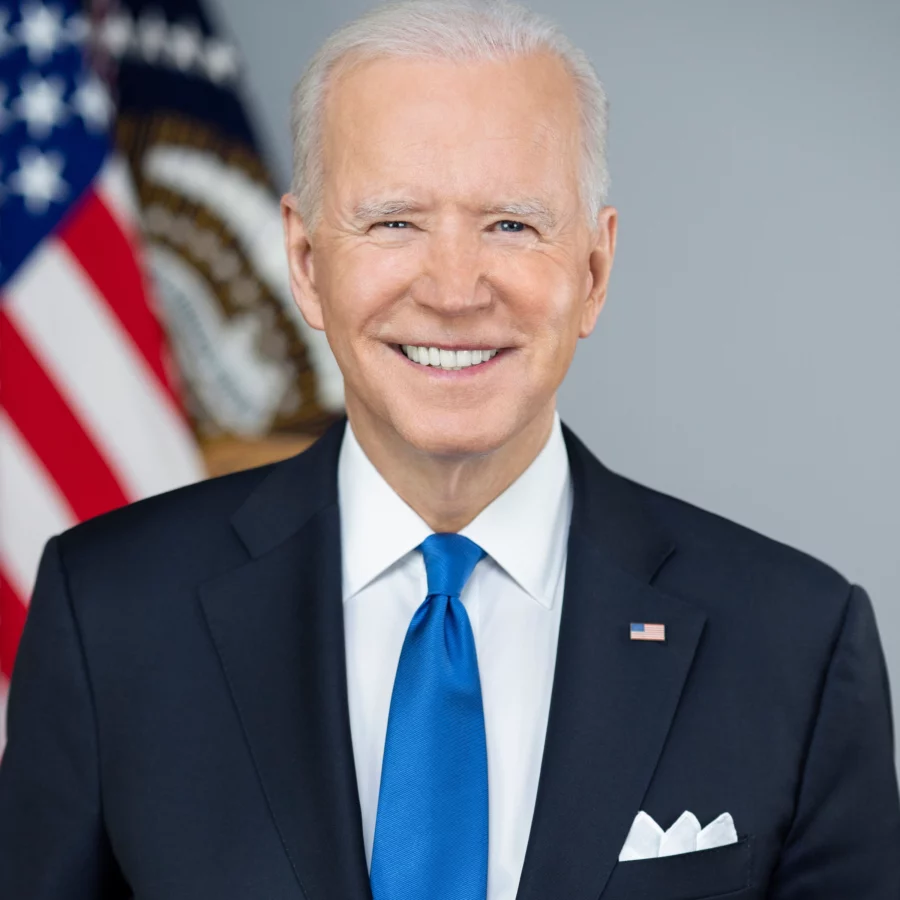Leadership Snapshot

Joe Biden
Compare Legislators
See How Legislators Voted on These Issues
- Lifetime Score
- Session Score
Voted Against Freedom
News Stories You Can Use
The 2-Year Treasury Yield Is Scary. How It Weighs on Stocks.
Higher Interest Rates Means More Spending
Barron's
FCC move to restore net neutrality sets stage for familiar fight
FCC Is Going Far Beyond Its Authority
Roll Call
Congress Could Overturn a New Rule Limiting Credit Card Late Fees. Good.
Card Holders May See Higher Interest Rates If the Rule Stands
Reason
House Republicans confront fight over FISA reauthorization
Johnson Sold Out Americans' Fourth Amendment Rights
CNN










